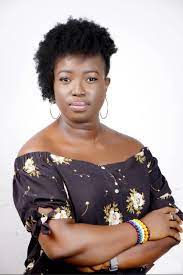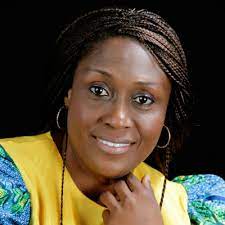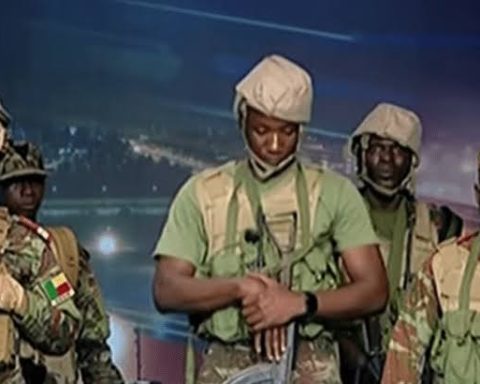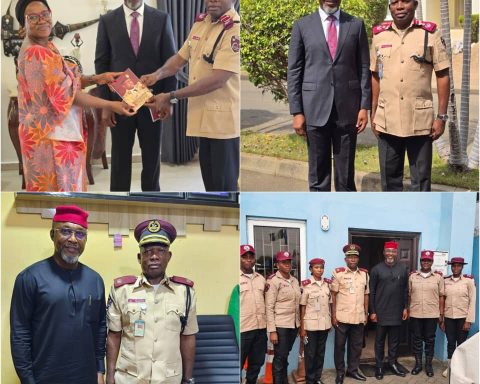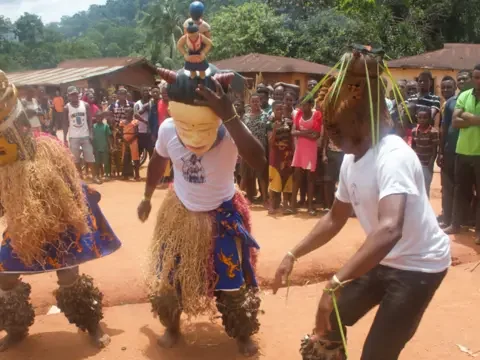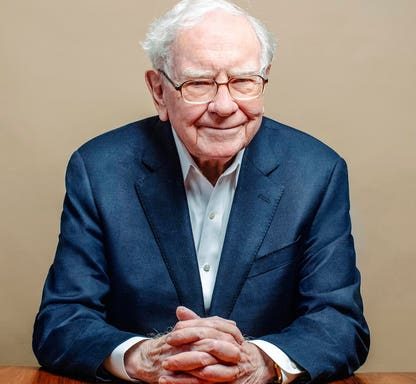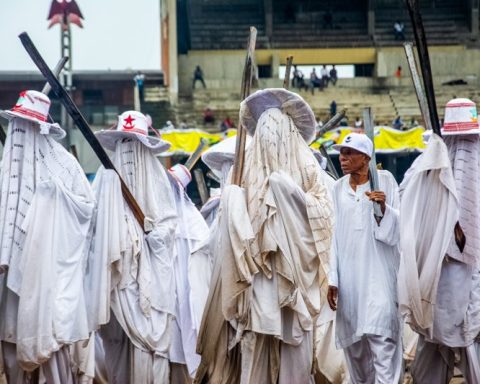NIGERIAN human rights activist and founder/executive director of Invictus Africa, Adebukola Shonibare (Bukky), is one of the 2021 Ford Foundation global Fellows as recently announced. In this exclusive interview with Prime Business Africa, the awardee speaks about her experiences in the course of fighting social inequality and sexual molestation of women. Shonibare also speaks on her quest to leverage the Ford Foundation Global Fellowship award to make more interventions in social welfare services.
As a new Fellow of Ford Foundation, what are your expectations regarding your social welfare services?
Join our WhatsApp ChannelI expect to learn and contribute. In relation to the former, I hope to learn from Ford Foundation as well as other Fellows who are challenging and disrupting inequality in one way or the other. In contributing, I hope to share my experiences and knowledge, including those garnered on the field. Most importantly, I hope that through the Community of Practice, I will join other Ford Global Fellows from previous, current, and subsequent cohorts in advancing new and existing ideas aimed at solving the different forms of inequality that we are focusing on.
As an activist, in what specific ways would you deploy your organisation, Invictus Africa, in tackling gender inequality in Nigeria?
Through Invictus Africa, I will continue to address gender inequality in Nigeria through a three-pronged approach: evidence-based strategic advocacy, legal reforms, and capacity development. Through strategic advocacy, I will continue to get involved in and/or mobilize people in deploying advocacy strategies aimed at challenging inequalities that affect vulnerable and disadvantaged groups, especially women and girls who continue to face different forms of gender-based violence, be it physical, sexual, mental, economic, and/or cyber. In so doing, I will continue to employ a collaborative approach by working with relevant stakeholders who have varying degrees of interest and influence either directly or through traditional and new media platforms. For legal reforms, I will continue to challenge inequality, especially gender inequality, by proposing new or analyzing existing legislations and policies through a human rights lens with a view to identifying provisions that perpetuate inequality and for the purpose of engaging with relevant state and non-state actors to ensure such provisions are either expunged or reviewed. I will continue to ensure capacity development of relevant stakeholders, especially those most affected by gender inequality in order to ensure they have the right information and knowledge needed to demand that duty bearers respect, protect, and fulfil their internationally and constitutionally guaranteed human rights.
In the area of girl-child education, what kind of interventions is your organisation coming up with to address it especially in rural communities in Nigeria?
Recognizing the effects of the Boko Haram insurgency on education, especially as it affects school-age girls, my organisation provided age-appropriate educational materials to children in Internally Displaced Persons (IDP) camps in northeast, Nigeria through our School-In-A-Bag project. We also built make-shift classrooms (called ‘Learning Hubs’) in some IDP camps and provided teaching aids and materials to the teachers. To ease access to education, we renovated and furnished a health centre in an IDP camp and provided bathrooms, toilets, and borehole water. Furthermore, we continue to advocate for children’s right to education through different campaigns, including being part of the Malala Fund advocacy team advocating for an extension, from 9 years to 12 years of compulsory, basic, and quality education for school-age children in Nigeria. In addition, we have been involved in the #FundNationalLibrary advocacy to ensure adequate funding of public libraries in Nigeria. Not to forget that we are an active member of the Education in Emergencies Working Group Nigeria, promoting access to safe education for children in conflict-and crisis-affected parts of Nigeria.
There are indications that cases of sexual and gender-based violence increased because of COVID-19 pandemic lockdown, how is your organisation working towards addressing it in Nigeria?
Indeed, COVID-19 caused a “shadow pandemic” with the exponential increase in the spate of SGBV (Sexual and Gender-based Violence) in Nigeria, as with other countries in the world. To address this, we started the Prevention, Accountability, and Support (PAS) Project with the support of the Open Society Initiative for West Africa. Through the PAS Project, we first developed a PAS Model which guides the strategies and activities for our organisation and other like-minded NGOs. In implementing, we have been engaged in capacity development directly in communities, through webinars for different segments of the society, and through social media, releasing info-graphics and publications. For accountability, we have directed our advocacy to duty bearers to ensure laws are positioned to tackle SGBV and not aid the menace while asking for relevant government actions to curb SGBV. For support, we have developed tools such as the Orange Pages, which is a National Directory of SGBV Responders and Service Providers in Nigeria, which can be downloaded for free on invictus.ng/orange pages. We have also just developed The Survivor’s Guide, which is a practical guide to help survivors of SGBV know about sexual violence, know the lies, know their rights, know what to do and not do, and know where to get help.
Are there ways you would engage in bar advocacy towards addressing cases of injustice and gender inequality in Nigeria?
Yes. I consider the law as a critical tool in promoting inequality in Nigeria, as with other societies. However, I am conscious of the fact that having the laws on SGBV alone does not, and will not, curb the menace. It is important that these laws are applied and implemented when used to decide cases. Hence, I will continue to promote knowledge of the law among populations most at risk of SGBV, while also encouraging that they seek legal justice when sexually assaulted; as well as continue advocating the implementation of favourable SGBV-related court judgements.
Human trafficking is another 21st century challenge, are there ways your organisation intervenes in combating it in Nigeria?
While Invictus Africa does not work directly with survivors of human trafficking, the tools we have developed, as aforementioned, are available and accessible to them for use. Suffice to mention that the Orange Pages was endorsed by the National Agency for Prohibition of Trafficking in Persons (NAPTIP).


